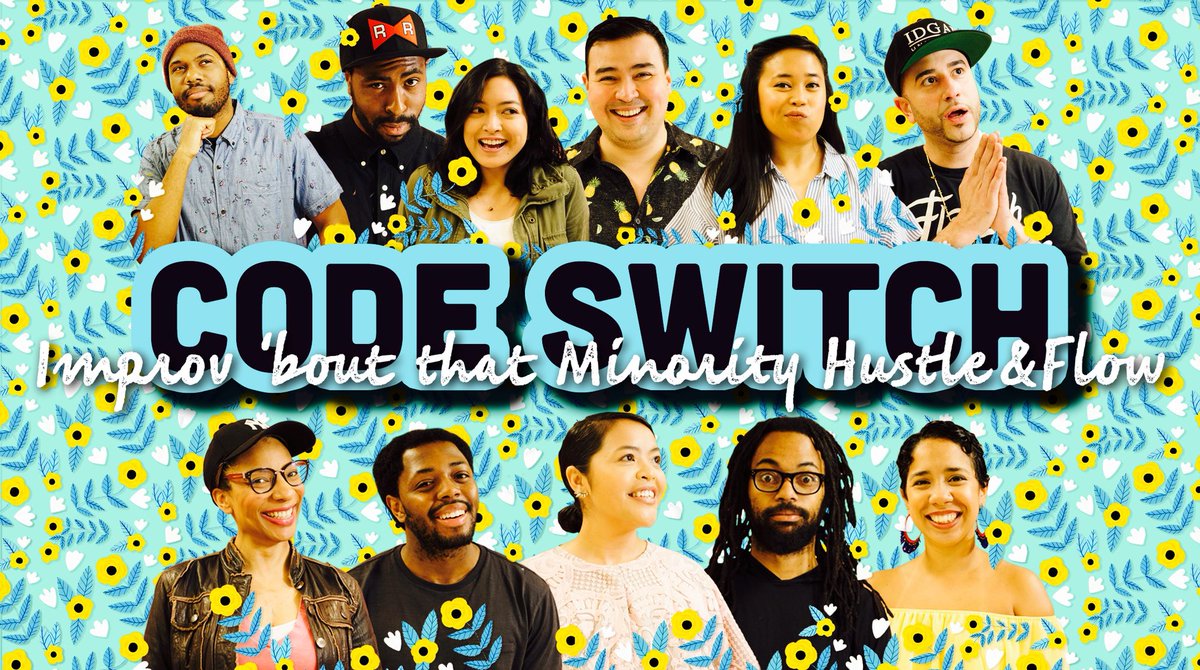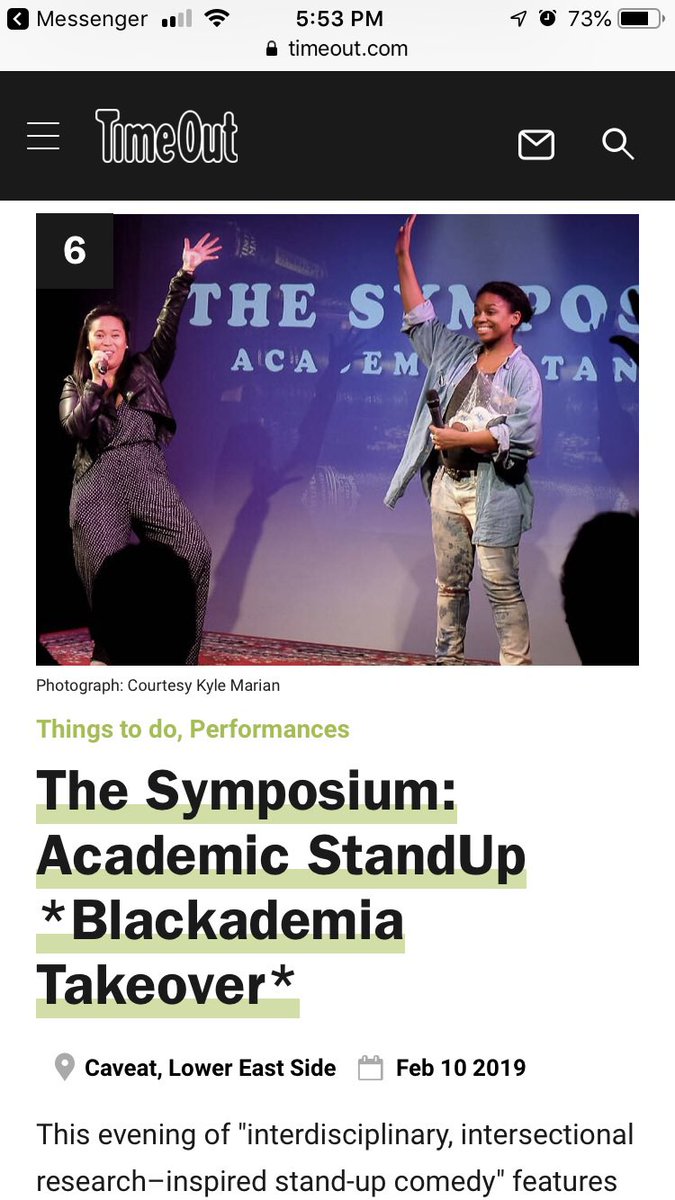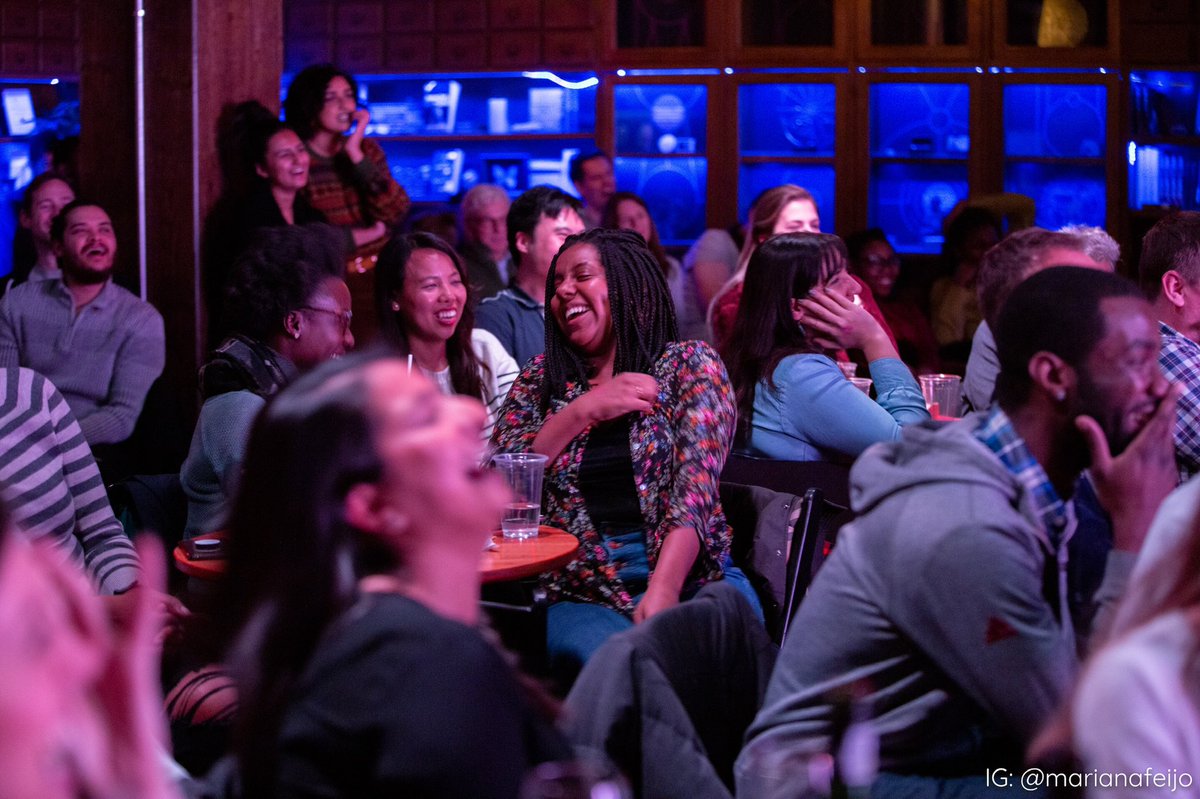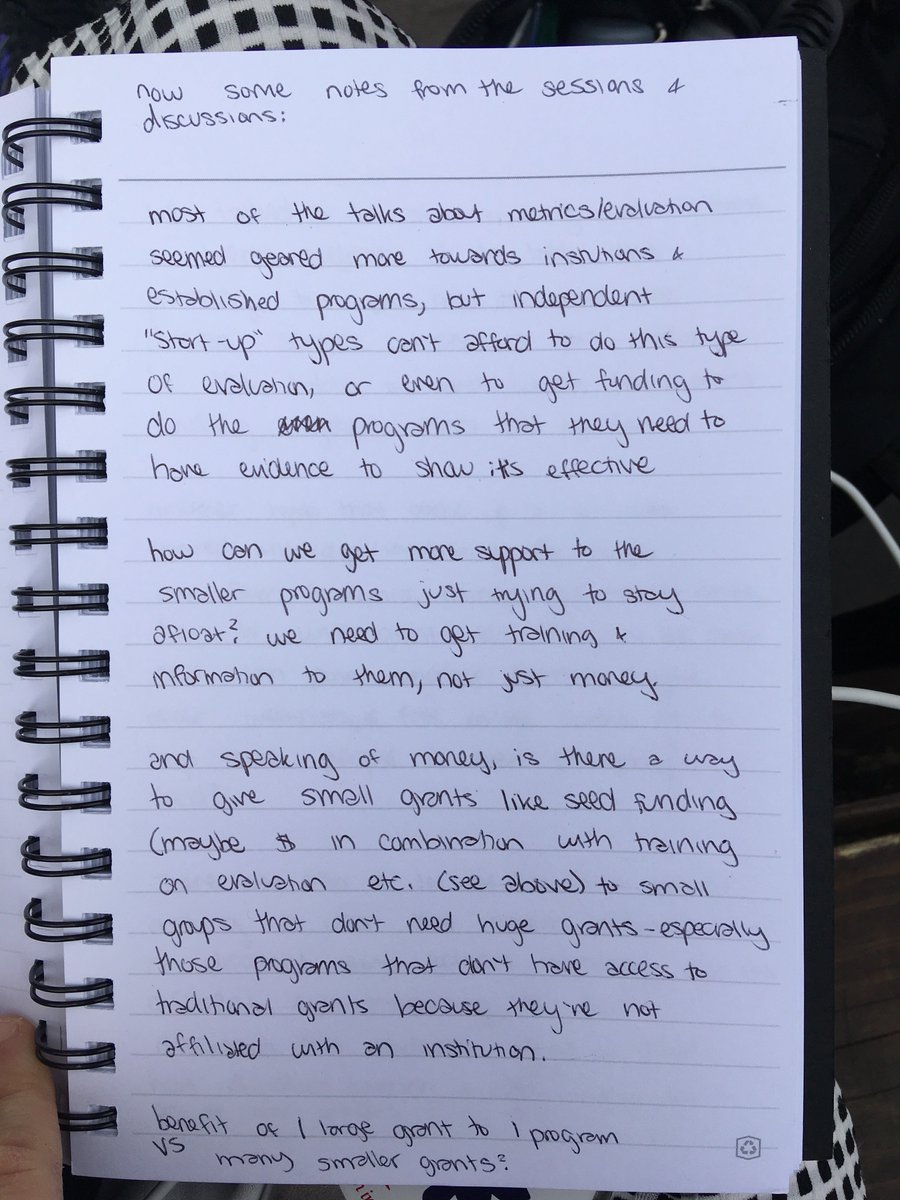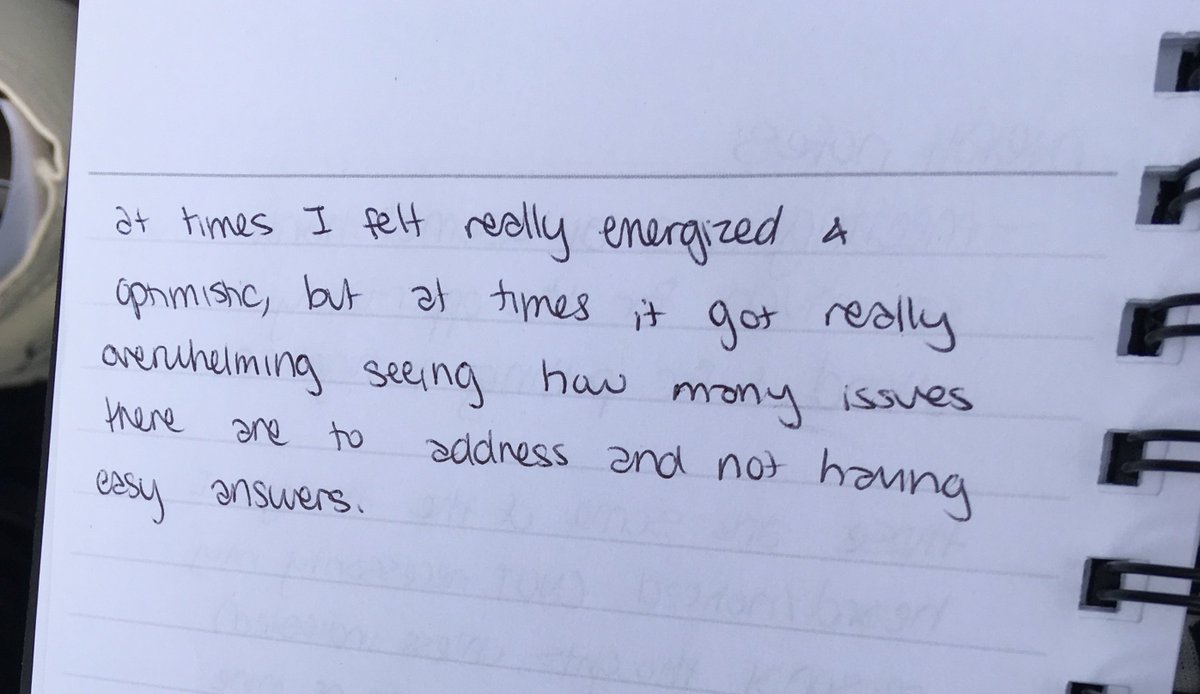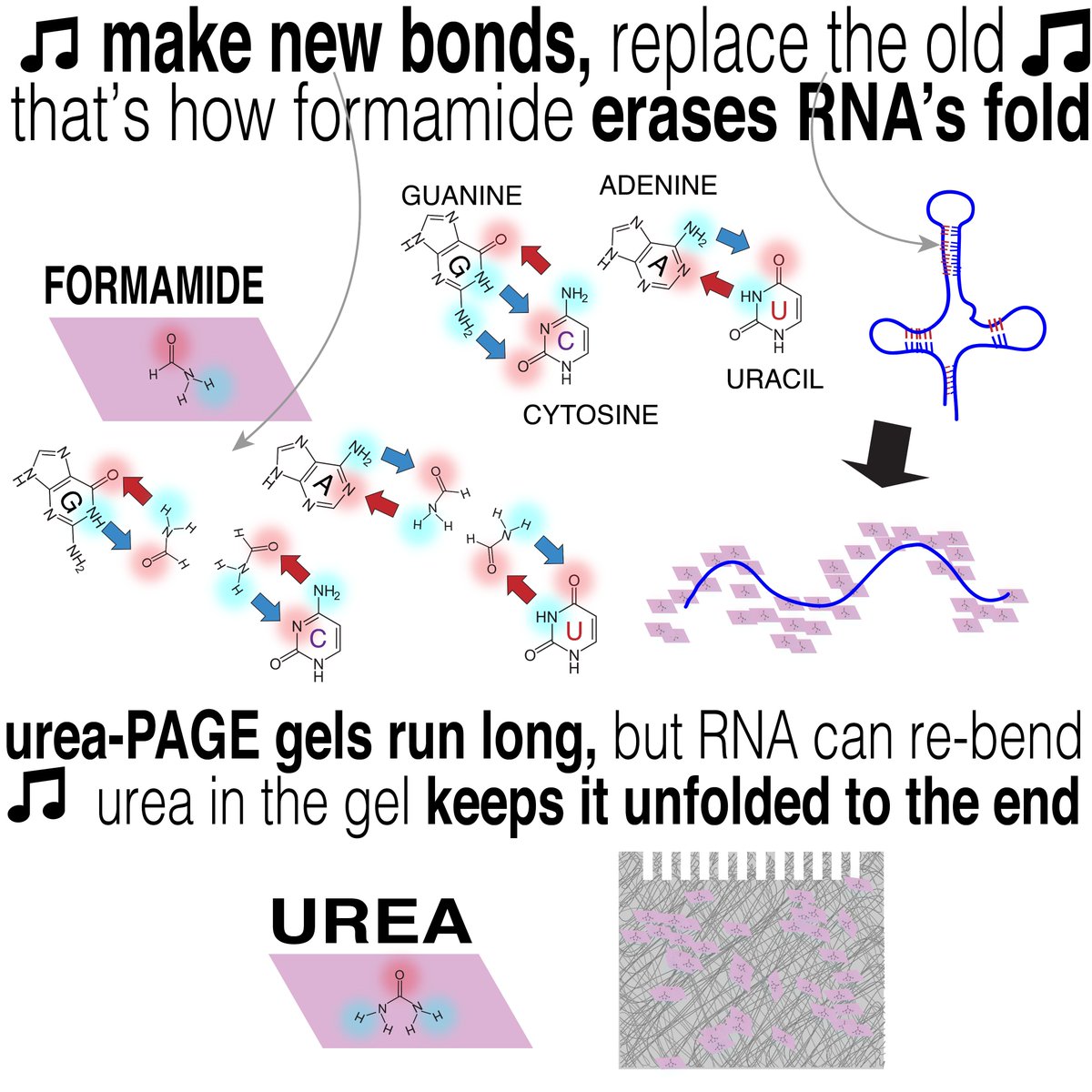#ADASS2019
At least a high quality image; often, more is required to extract science, such as source positions and size, spectral indices, power spectra, and polarization.
#ADASS2019
#ADASS2019
#ADASS2019
#ADASS2019
#ADASS2019
Also, there is no money/resources/credits/plans for support.
#ADASS2019
(Me: many are trying to change this, and work for better recognition and support for software creation and sustainability.)
#ADASS2019
#ADASS2019
#ADASS2019
Radio processing is challenging
Making observatories produce science-ready at a is of high importance.
An increase in resources for the central development of processing algorithms (inc. maintenance and support) will result in larger science output.
#ADASS2019
- much lower learning curve for astronomers
- processing experts at observatories, reuse of code
- science accessible to wider community
- increased science output!
#ADASS2019





